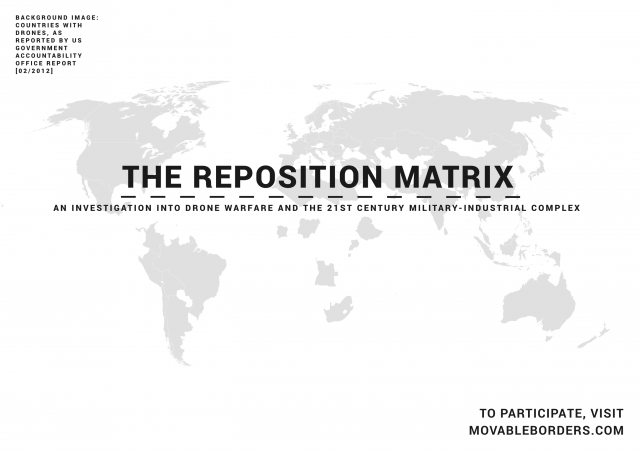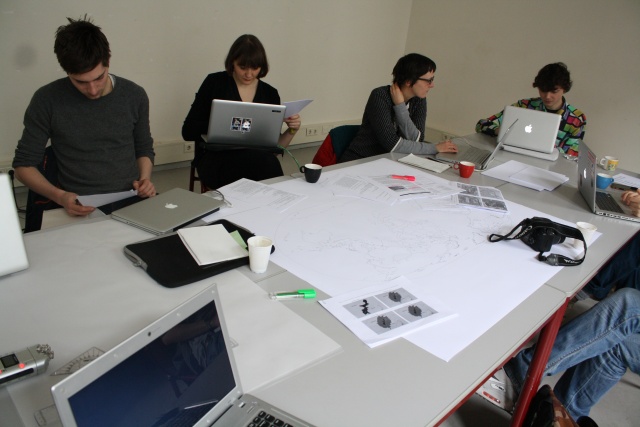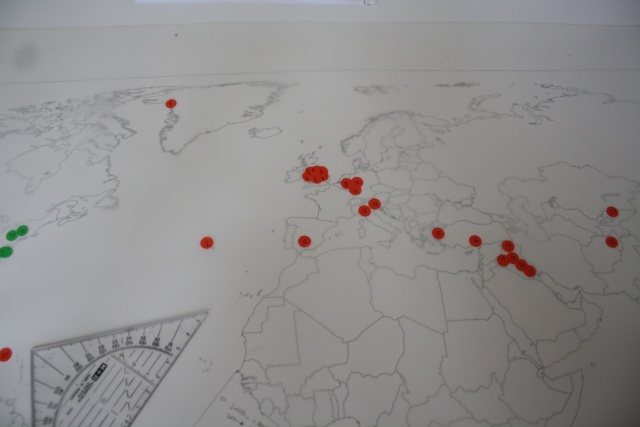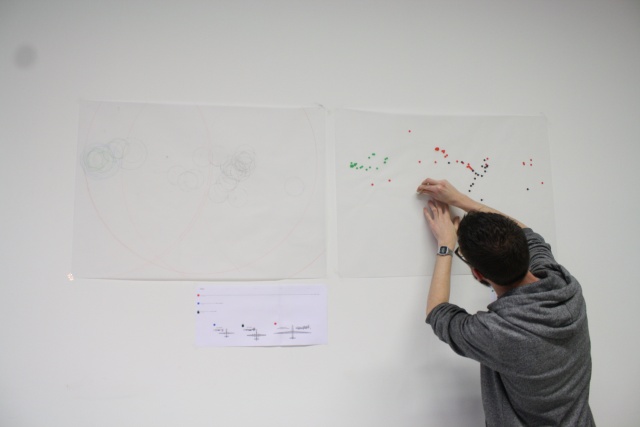User:Dave Young/Trimester5 Movable-Borders: Difference between revisions
Dave Young (talk | contribs) |
Dave Young (talk | contribs) No edit summary |
||
| (2 intermediate revisions by the same user not shown) | |||
| Line 1: | Line 1: | ||
'''<slidy theme="aa" />''' | |||
Dave Young, Movable Borders: The Reposition Matrix, Trimester 5, 2013. | Dave Young, Movable Borders: The Reposition Matrix, Trimester 5, 2013. | ||
| Line 12: | Line 14: | ||
=== Photos === | === Photos === | ||
*Images by Dave Young, Roel Roscam Abbing, and Bart van Haren | *Images by Dave Young, Roel Roscam Abbing, and Bart van Haren | ||
[[File: | [[File:rm_0.png | 640px]] | ||
[[File: | [[File:rm_1.jpg | 640px]] | ||
[[File: | [[File:rm_2.jpg | 640px]] | ||
[[File: | [[File:rm_3.jpg | 640px]] | ||
=== Video === | === Video === | ||
Latest revision as of 10:20, 25 March 2013
<slidy theme="aa" />
Dave Young, Movable Borders: The Reposition Matrix, Trimester 5, 2013.
Movable Borders: The Reposition Matrix
Description
In a post-national age, where "territorial and political boundaries are increasingly permeable" (Habermas, in The Postnational Constellation and the Future of Democracy), what has become of the borderline? How is it defined, and what technologies are used to control it?
Movable Borders is an ongoing research project that begins to explore possible answers to these questions through facilitating discussions around the "reterritorialisation" of the borderline in the information age. The first series of Movable Borders events is a workshop series titled The Reposition Matrix, that investigates the use of 'cybernetic' military systems such as remotely piloted aircraft (the logical conclusion to Norbert Wiener's anti-aircraft predictor) and "the disposition matrix", a dynamic database of intelligence that produces protocological kill-lists for the US Department of Defense.
The workshop aims to reterritorialise the drone as a physical, industrially-produced technology of war through the creation of an open-access database: a 'reposition matrix' that geopolitically situates the organisations, locations, and trading networks that play a role in the production of military drone technologies.
Media
Photos
- Images by Dave Young, Roel Roscam Abbing, and Bart van Haren
Video
Thesis Abstract
Discipline and obedience is inextricable from the history of the military institution, to the point where both seem absolutely necessary in order for it to function. Like the other noted disciplinary institutions that formulate a society - the prison, the school, the factory, the church - the military both creates and mirrors a code of behaviour according to a wider ideology defined by an authority - that is, the head of state. In this text, there will be an exclusive focus on the military institution, asking how its modern technologies of control relate to wider socio-political trends in the information age.
Additional Information
non optional
- One page itemised budget estimate
optional




